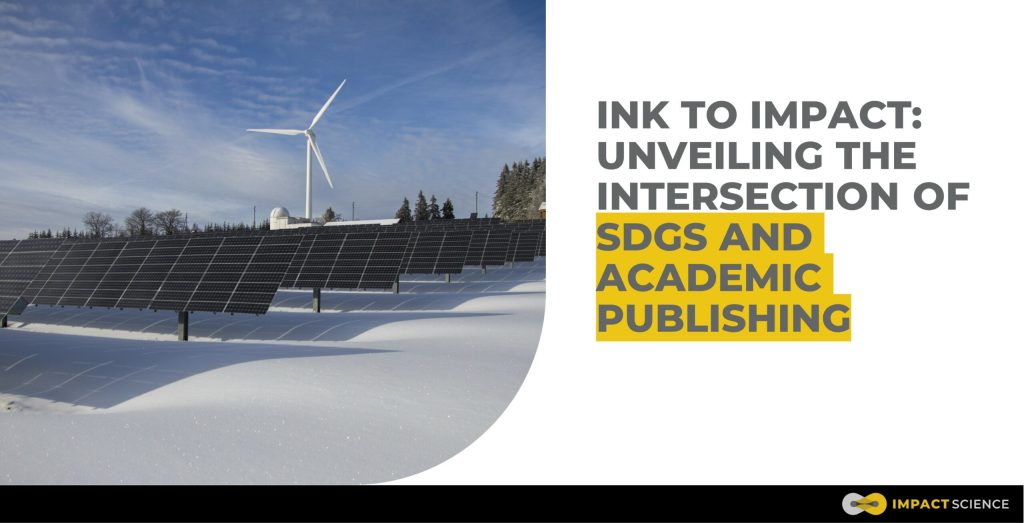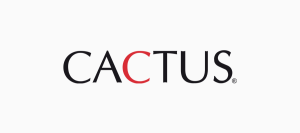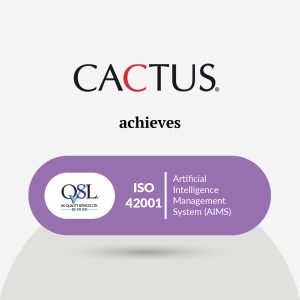Global alignment with transformative initiatives is pivotal in the ever-evolving landscape of academia. One such initiative that garnered international attention is the United Nations Sustainable Development Goals (SDGs). Established in September 2015, this is a set of 17 SDGs as a part of the 2030 Agenda for Sustainable Development. With specific goals set on curbing poverty and inequality, improving health and education, combatting climate change, and promoting peace and justice, these SDGs aim to address global challenges and promote sustainable development. Among these, SDGs 4, 9, 10, and 17 — Quality Education; Industry, Innovation, and Infrastructure; Reduced Inequalities; and Partnerships for the Goals —- share a profound connection with academic publishing. In this article, we will explore the intersection of the SDGs and scholarly publishing, emphasizing the role of integrity in driving positive change.
See also: What Academic Publishers Need to Know About STM’s SDG Roadmap: A Handy Infographic
SDG 4: Quality Education
Academic publishing plays a pivotal role in advancing SDG 4 by disseminating knowledge. Openly publishing SDG 4-related research not only increases citation and usage but also fosters public engagement and accelerates impact. As mentioned by Springer Nature, “SDG 4 is essential for sustainable development. Education is a fundamental human right and essential for economic growth, social development, and environmental protection. Achieving SDG 4 means creating a world where everyone can reach their full potential.” As with all research, SDG 4-related research is also helpful for the public when published with open access. This ensures that the paper is accessible to people from around the globe without paying any fees. This greatly benefits individuals in low- to middle-income countries.
SDG 9: Industry, Innovation, and Infrastructure
Research communication serves as a bridge, connecting academic efforts with sustainability. This goal calls for futuristic infrastructure and sustainable and equitable industrialization for all. Infrastructure forms the foundation of academic research, which, in turn, is the basis for scholarly publications. Promoting an inclusive and sustainable infrastructure creates more opportunities for the future through industrialization and gives birth to innovation and creativity.
See also: 7 Ways Research Societies Can Support Science for Peace and Development
SDG 10: Reduced Inequalities
Scholarly publishing contributes to reducing inequalities by ensuring that research from diverse regions is accessible. Academic research often suffers from visibility issues, especially in specific geographical areas. Researchers from the countries in the Global South face such challenges regularly. This can lead to research from these countries not getting into the top journals in specific fields. Just as open access research articles allow readers to access them without any fees, a particular type of open access also lets researchers publish their research without paying the hefty article processing charges, leading to further benefits in addressing inequalities. SDG 10 aims to reduce this North-South divide by emphasizing the importance of fair representation in academic literature.
See also: Science for Peace and Development: How Research Societies Can Leverage Content in Advocacy Efforts
SDG 17: Partnerships for the Goals
SDG 17 underscores the significance of collaboration. With its global reach, academic publishing fosters partnerships by disseminating research findings, facilitating knowledge exchange, and supporting international cooperation. Without collaboration and transparent networks worldwide, sustainable development is impossible. Research is not confined to a group of people, organizations, or even countries — it is meant to cross boundaries and reach the masses. The commitment to collaboration echoes through the core tenets of SDGs 4, 9, 10, and especially 17.
See also: The Impact of the UN SDGs on University Funding
The UN SDG Publishers Compact
The UN SDG Publishers Compact was introduced to formalize the publishing industry’s commitment to the SDGs. This initiative encourages publishers to align their practices with the SDGs by 2030, promoting responsible research communication. They framed a set of the following ten commitments as mentioned:
1. Committing to the SDGs.
2. Actively promoting and acquiring content.
3. Annually reporting on progress towards achieving SDGs.
4. Nominating a person who will promote SDG progress
5. Raising awareness and promoting the SDGs among staff.
6. Raising awareness and promoting the SDGs among suppliers.
7. Becoming an advocate to customers and stakeholders.
8. Collaborating across cities, countries, and continents.
9. Dedicating budget and other resources towards accelerating progress.
10. Taking action on at least one SDG goal.
By endorsing this compact, publishers, publishing associations, and others commit to these ten points. They aim to promote progress toward achieving the SDGs by 2030 and publish material to create awareness and ingenuity to prosper in this direction.
See also: 5 Action Points for Publishers to Improve Environmental Sustainability
Conclusion
In leadership roles within academic publishing and university administration, embracing the connection between the UN SDGs and scholarly publishing is not merely an opportunity but a responsibility. Upholding the principles of integrity and aligning publishing practices with the SDGs contribute significantly to a more sustainable and equitable global future. Academic publishers play a pivotal role in achieving the United Nations’ vision for a better world by fostering collaboration, reducing inequalities, and advancing quality education.









